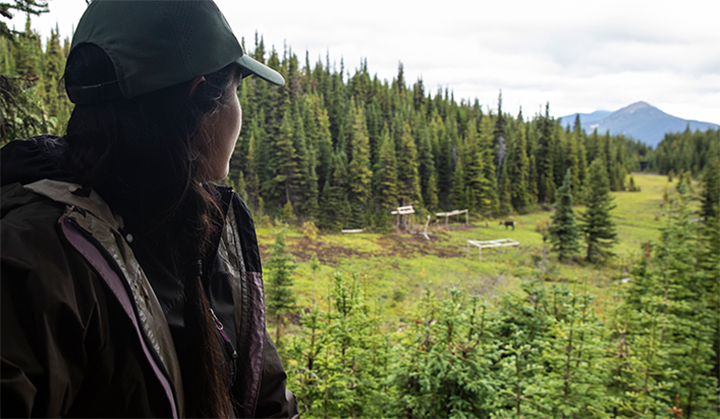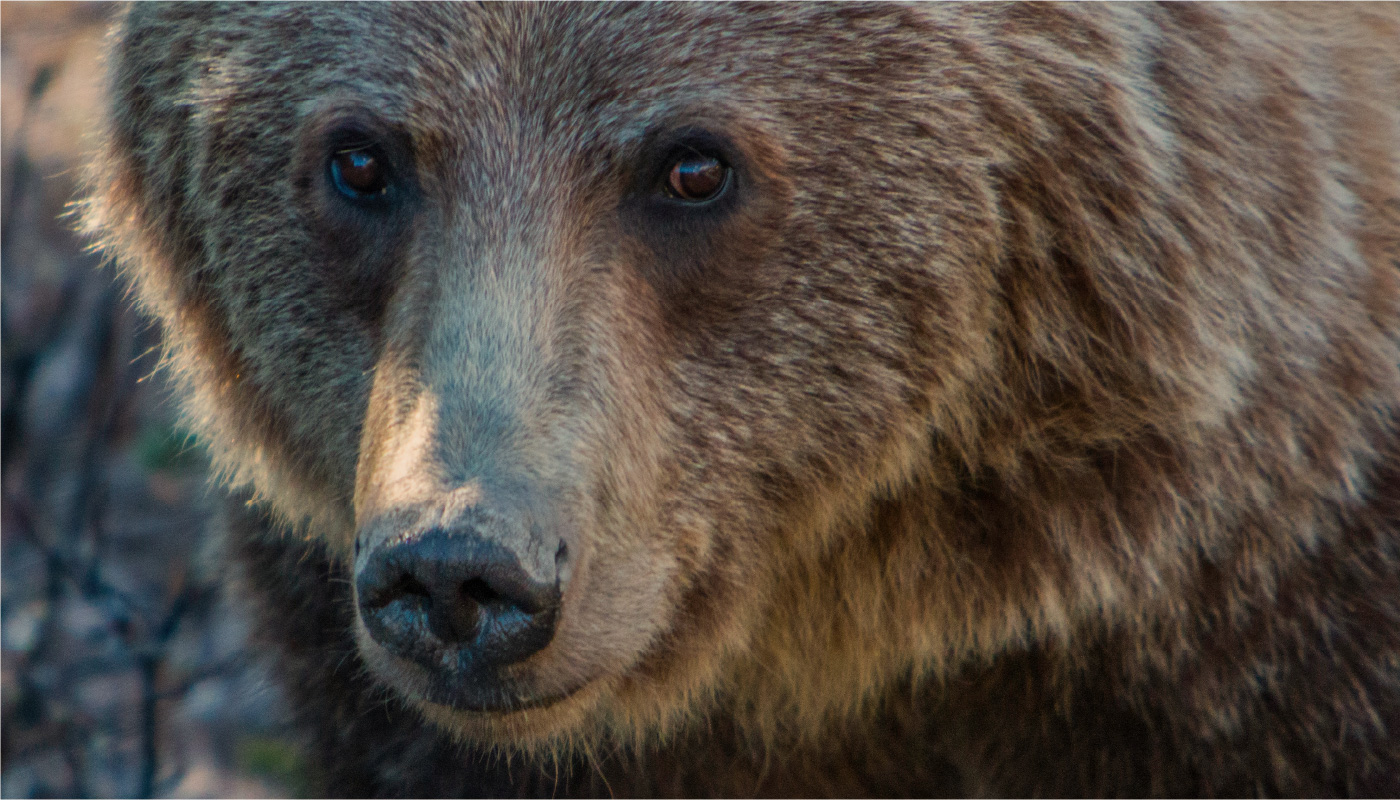How does understanding moose hunting affect caribou, conservation and Indigenous culture?
Mateen Hessami, Y2Y’s 2019 Sarah Baker Memorial Award recipient, seeks to refine moose management in southeastern British Columbia to recover and conserve caribou and Indigenous culture.











